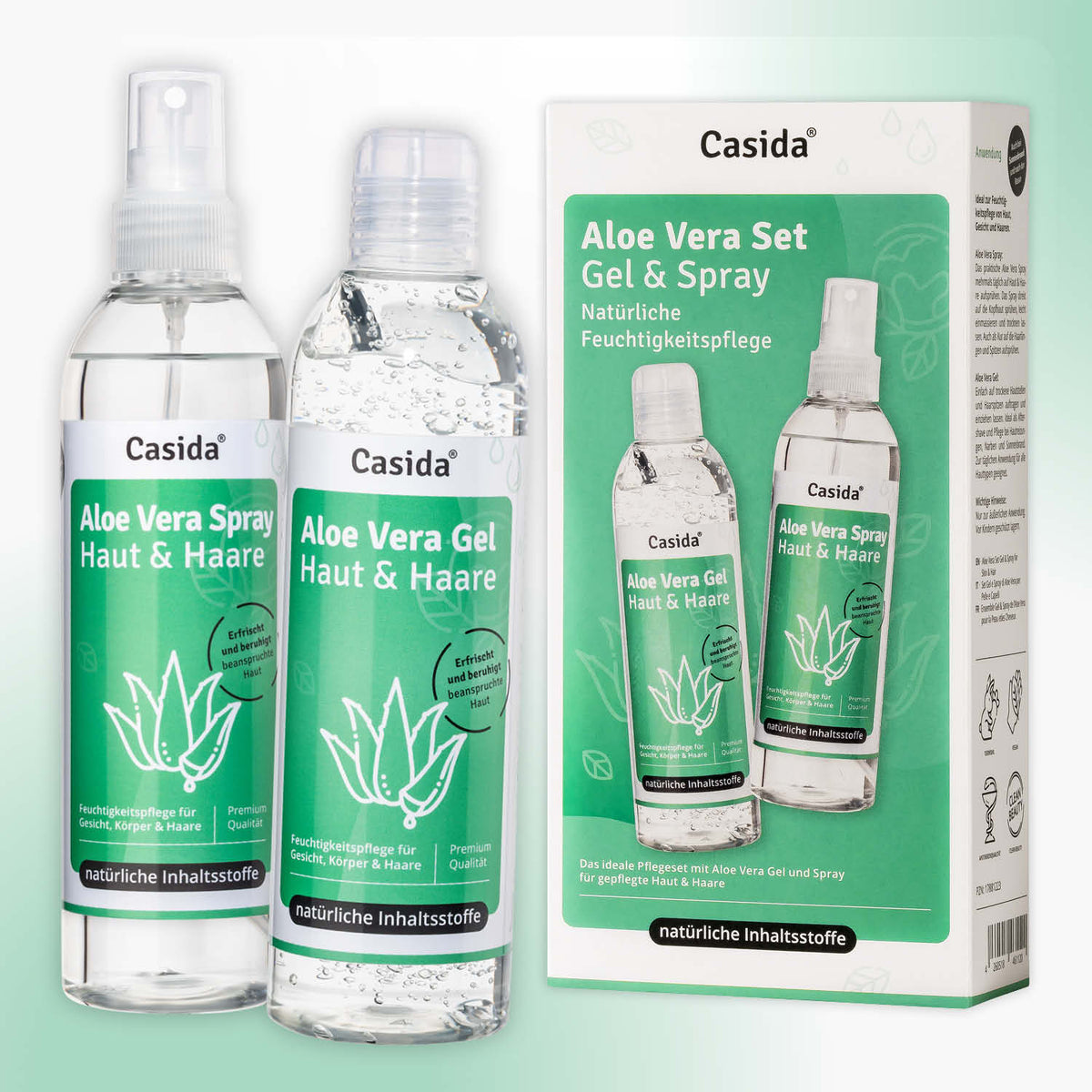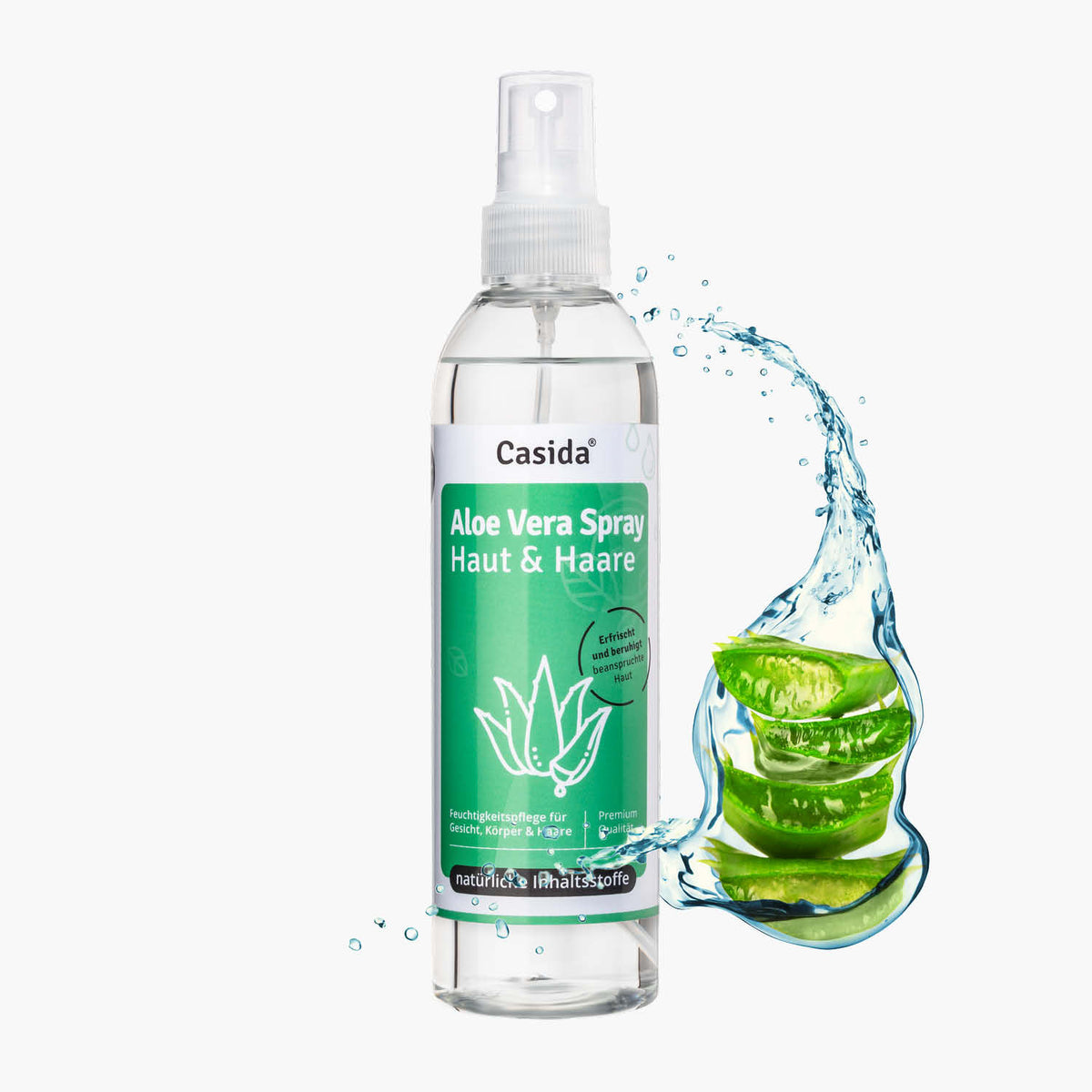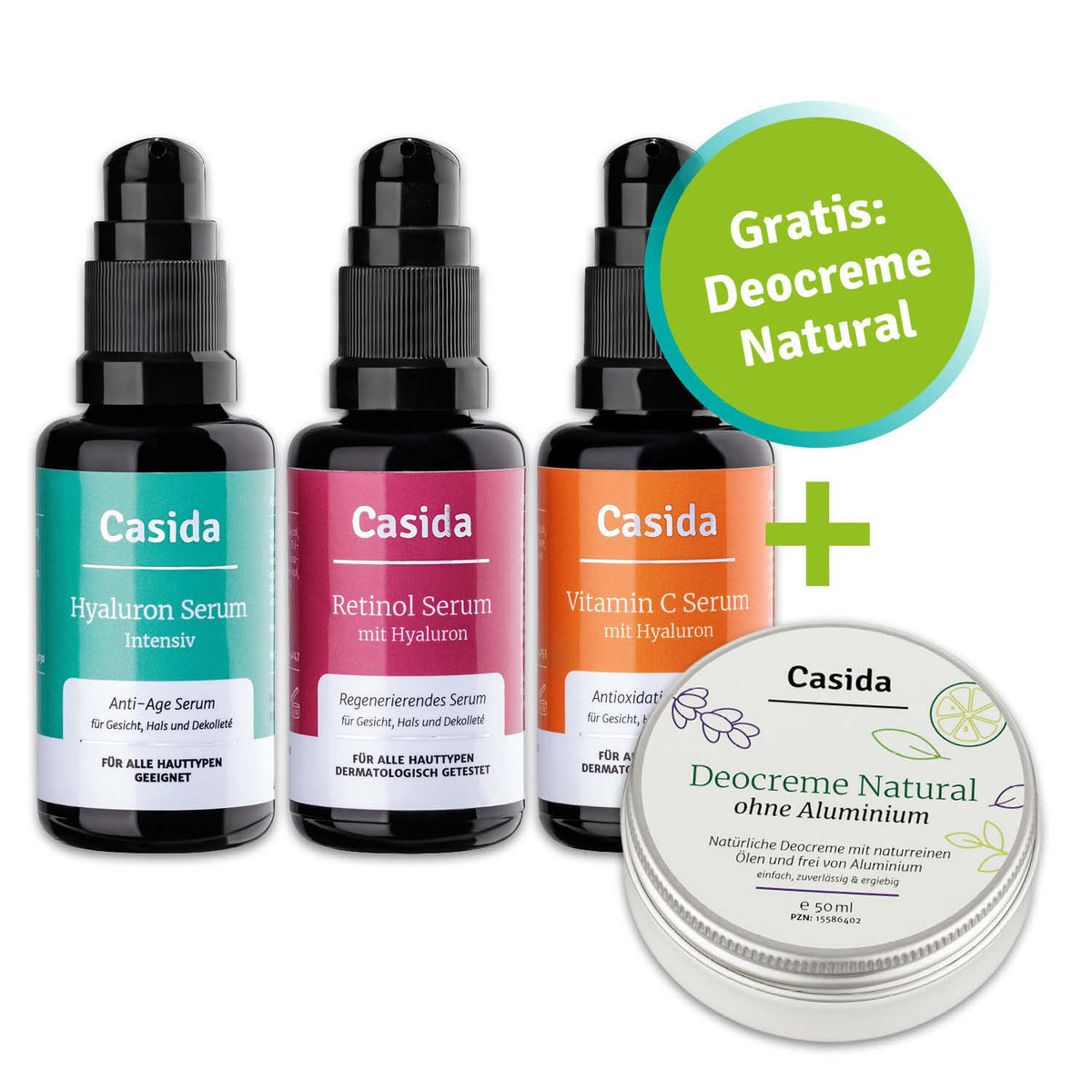Itching, oozing or burning - hemorrhoids are extremely unpleasant. If the first hemorrhoid ointment that comes along doesn't help, many people start to panic. But you don't need to be afraid, because in principle haemorrhoids are completely normal. You can treat the puffiness effectively with high-quality ointments.
The fact is that haemorrhoids are part of the human anatomy. Accordingly, haemorrhoids can easily bleed or cause external haemorrhoids. In the course of a lifetime, basically every second person suffers from this issue.
For most people, a visit to the doctor is unpleasant, as hemorrhoids are a taboo subject. As a result, many people put up with the discomfort or possibly underestimate it. But: If you notice hemorrhoids, you should take action in any case.
What you will learn in this article
In this article, we provide you with useful information about hemorrhoid ointment. You can read in detail what the term means, what causes it and what you can do about it. We also list important factors that play a role before you buy or what you need to look out for when choosing a hemorrhoid ointment. Thanks to our blog post, you will then know exactly how to deal with bleeding haemorrhoids or what external haemorrhoids are.What are hemorrhoids?
Many people associate the term haemorrhoids with something bad, but only very few people know the background. Ultimately, it refers to a nodular swelling that is also known as an enlargement of a vascular cushion. It is not uncommon for the swelling to be varicose. Hemorrhoids are located between the sphincter muscles and the rectum. The vascular cushion referred to is known in medicine as the haemorrhoidal plexus. It is made up of a network of veins and arteries. The cushion ensures the fine closure of the anus. Haemorrhoids are a condition that causes shame and about which sufferers are reluctant to disclose. This is mainly due to society, which considers problems in the bowel and anal area to be embarrassing.What are the causes of hemorrhoids?
The causes of hemorrhoids are not entirely clear, and there is sometimes wild speculation. However, it seems that there are a number of factors that promote it. For example, if you often push harder during bowel movements, this promotes vasodilation. People with constipation, also known as chronic constipation, are particularly at risk. Chronic constipation has various causes, but is often caused by a lack of exercise. If you eat too little fiber or drink too little, these factors can also cause constipation. Another cause of hemorrhoids is diarrhea. If you regularly have to deal with liquid stools, this can cause the arteries to dilate and trigger hemorrhoids. Other causes include- Pregnancy
- Sedentary activities
- Being overweight
- Weakness of the vascular wall
What is the risk of hemorrhoids?
Anyone who suffers from haemorrhoids is sometimes confronted with severe discomfort. In this context, users often ask themselves whether it is dangerous or what risks are associated with it. Basically, hemorrhoids are not dangerous. But - and we don't want to hide this from you - if left untreated, they can lead to infection, faecal incontinence or inflammation. Severe pain is also possible. If the infection progresses, the haemorrhoids can bleed. This often happens with external haemorrhoids. If, on the other hand, the whole thing is turned inwards, the risk is lower and the haemorrhoids rarely bleed.Special situation External haemorrhoids and haemorrhoids that bleed
Although haemorrhoids are inconspicuous and small, they can become very swollen if they are not treated. This can lead to the issue of "external hemorrhoids". In this context, a distinction must be made between internal and external hemorrhoids. External haemorrhoids are painful and can become very swollen. Internal haemorrhoids, on the other hand, are known as true haemorrhoids and are turned inwards.How can I recognize haemorrhoids?
Recognizing haemorrhoids is easy for some, but others recognize them far too late. The fact is that the typical symptoms hardly cause any discomfort at the beginning. It usually starts with a burning sensation in the anal area. However, oozing and itching are also classic signs of hemorrhoids. If you notice fresh blood on the toilet paper after a bowel movement, this is also a sign. These are the main aspects by which you can recognize haemorrhoids.What can I do about hemorrhoids?
You can use various preparations for hemorrhoids. Some swear by creams, while others choose suppositories with lidocaine. Solutions with Qinsocaine are also very popular and are said to relieve the pain. The fact is, however, that all these solutions have a pain-relieving effect. But they do not address the problem, which is why we advise you to choose an effective solution. If you have haemorrhoids and the previous remedies have not helped, we can recommend our HaemoCalm Oil Repair & Protect can be recommended. This provides you with a herbal solution that helps reliably. The product has a protective and reliable supportive effect on pressure irritation, burning and other typical symptoms. The application has been tried and tested over many years, is made in Germany and will help you enormously.What should you look out for when choosing a hemorrhoid ointment?
If you want to try a hemorrhoid ointment, you should consider a few aspects. Not all products are effective and others are simply too expensive. However, before we tell you the important aspects, we would first like to give you some advice: No matter which ointment or spray you choose - no product can replace a visit to the doctor. Even if you don't feel well, a visit to the doctor is a wise choice that will help you get rid of your haemorrhoids. When choosing an ointment, you should pay attention to the following aspects:- Positive customer reviews
- Active ingredients with lidocaine or quinsocaine
- Fair price-performance ratio
Haemorrhoid ointment - how you can prevent it
To avoid needing hemorrhoid ointment in the first place, it is important to prevent this unpleasant problem. There are various tips for this, which we have listed below:- Make sure you eat a balanced and healthy diet
- Make sure you drink enough every day. Choose either water or tea
- Proper anal hygiene: toilet paper is usually not enough, so you should also use a washcloth or soft cloth







